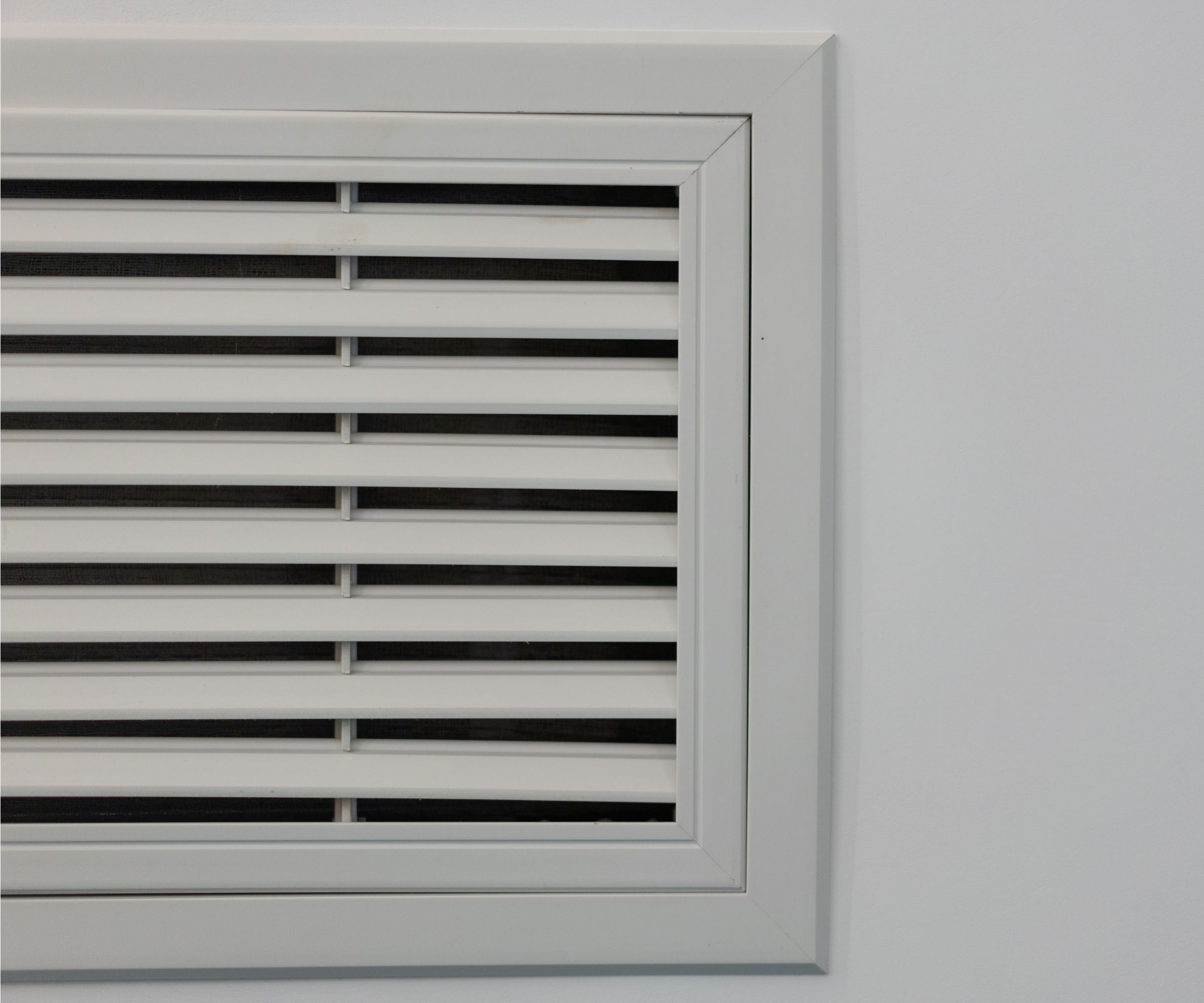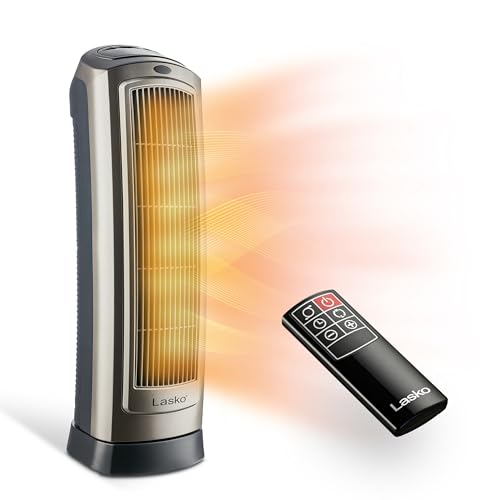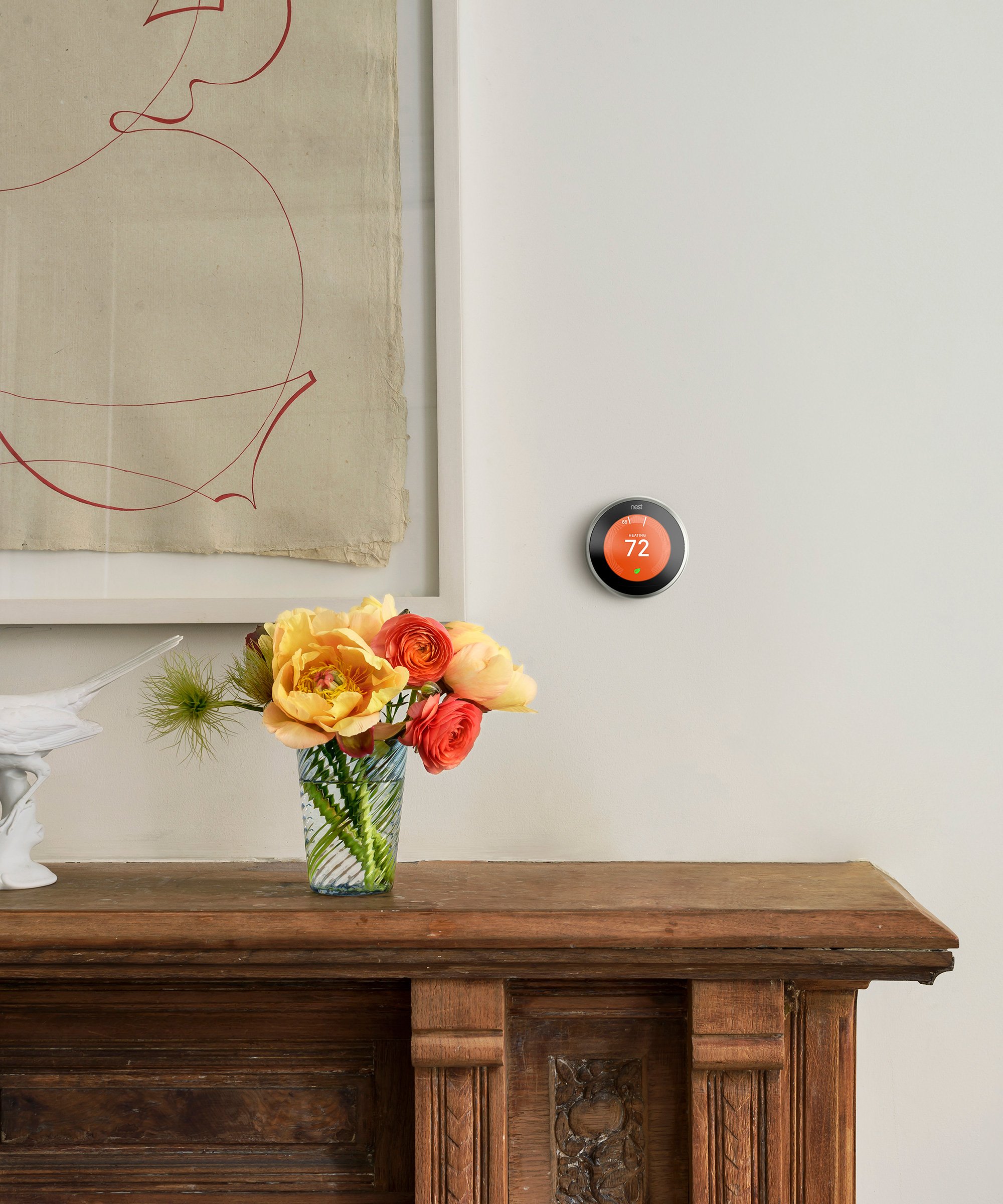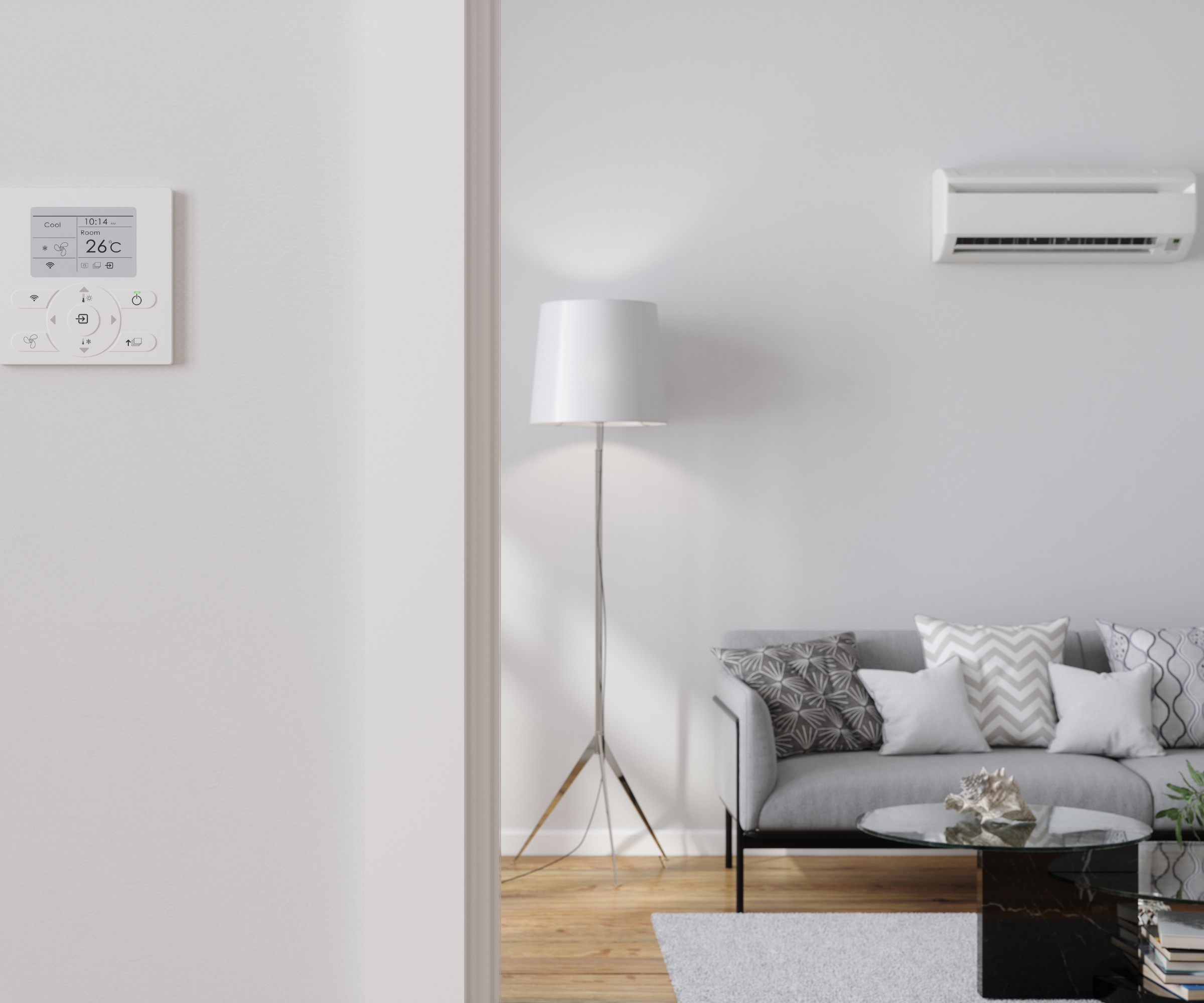5 signs your HVAC system needs replacing – and the crucial formula to figure out if it's worth repairing or not
These are the telltale signs that repairs will no longer cut it


Your HVAC system is crucial for staying comfortable at home. It keeps you warm in winter and cool in the summer, but like any appliance, it has a finite lifespan.
Ignoring the signs that your HVAC system is nearing the end of its life can lead to increased utility bills, temperature discomfort, and safety hazards if you do not take action to replace it in time, our experts warn. If you are debating fixing it, multiply the age of your system by the cost of the repair. If it's more than $5,000, replacing the unit will likely be more economical.
Many homeowners are tempted to delay the decision, opting for quick fixes on their home heating instead. But when repair costs start piling up, or the system’s inefficiency becomes evident, a replacement can be the more cost-effective and environmentally-friendly option.
How to know your HVAC system needs to be replaced
1. System age

‘Most HVAC systems are designed to last between 10 and 15 years, depending on the brand and how well they’ve been maintained,’ says Josh Mitchell, HVAC expert and owner of Air Conditioner Lab. ‘If your system is within or beyond this age range, it’s likely operating less efficiently than modern models, which can cost you more in energy bills and repairs.’
Begin by scheduling an inspection with a licensed HVAC professional to assess the system’s condition. ‘If you need to replace your HVAC system, look for systems with an ENERGY STAR rating to ensure optimal energy efficiency,’ recommends Josh. ‘Modern HVAC units not only save money in the long term but also reduce your home’s carbon footprint.’

If you're stuck with a faulty or failing heating system, a tower heater will help keep you warm. This affordable and effective one has a remote, adjustable thermostat and built-in safety features to help you avoid some space heater mistakes.
2. Frequent repairs
If you've had the system a long time, it's easy to feel the common heating problems you can repair yourself are not a big deal, but over time they will add up, tipping the scale to where it doesn't pay to fix it anymore.
Moreover, if you're having to call a pro such as an HVAC technician more and more, then it may be time to replace your system and save money in the long haul. Frequent breakdowns and repair bills can add up quickly, sometimes costing as much as a new system over time. This is especially true if the system requires replacement parts that are difficult to find or expensive due to its age, and are one of the warning signs you need to replace your air conditioner, too.
Design expertise in your inbox – from inspiring decorating ideas and beautiful celebrity homes to practical gardening advice and shopping round-ups.
Compare the cost of repairs to the cost of replacement. ‘A good rule of thumb is the $5,000 rule: multiply the age of your system by the cost of the repair,’ Josh continues. ‘If the number exceeds $5,000, it’s time to replace the unit.’
To avoid unnecessary wear and tear, keep vents in all rooms open, even if the room isn't in use.
3. Rising energy bills

If you’ve noticed a steady increase in your energy bills without significant changes in how often you use your HVAC, then your system itself may be the cause. HVAC systems lose efficiency over time, requiring more energy to deliver the same level of comfort. By replacing your HVAC system you’ll be able to significantly cut your energy bills.
‘Start by checking if your home’s insulation and air sealing are up to standard,’ recommends Kevin Goude, owner of First Choice Heating And Air. ‘If those areas are in good shape, consult an HVAC specialist to evaluate your system’s performance.’
Upgrading to a high-efficiency model can result in significant savings, up to 30% according to Kevin.
4. Uneven heating or cooling

Do some rooms in your home feel too hot, while others remain chilly? Uneven temperatures shown by an infrared thermometer from Amazon can indicate that your HVAC system is struggling to distribute air effectively. This issue might stem from aging components, leaky ducts, or an undersized system.
If this is happening in your home, ask a HVAC professional to conduct a load calculation to determine if your current system is appropriately sized for your home.
If replacement is needed, consider options like zoned HVAC systems such as APCO Carbon Cell Matrix HVAC UV Air Purifier from Amazon, which allow you to control temperatures in different areas of your home independently, enhancing comfort and efficiency.
5. Strange noises or odors

Unusual sounds like banging, clanging, or hissing coming from your HVAC system are often a sign of problems. Similarly, persistent odors can be a warning sign – whether it's a musty, burning, or chemical smell, it may indicate serious issues such as mold, electrical problems, or refrigerant leaks.
‘Address these issues immediately by contacting a professional,’ suggests Kevin. ‘While some problems can be repaired, others might signal that the system’s components are failing. If replacement is necessary, inquire about advanced features like smart thermostats and variable-speed compressors for enhanced functionality.’
Replacing an HVAC system is a significant investment, but it’s one that pays off long-term with lower energy bills and peace of mind you can keep your house warm.
If you’re unsure about the state of your HVAC system, seek advice from a licensed professional. By staying alert to the signs of an aging or failing system, you can make informed decisions that benefit both your home and the planet.
Being prepared for inclement weather will help you stay warm when there's a power outage.

Seraphina is a contributing editor at Homes & Gardens, writing Solved features on organizing and storage. She loves to decorate and also grow her own produce from her home in London. Her previous experience includes working at Women's Health and Fabulous Magazine.